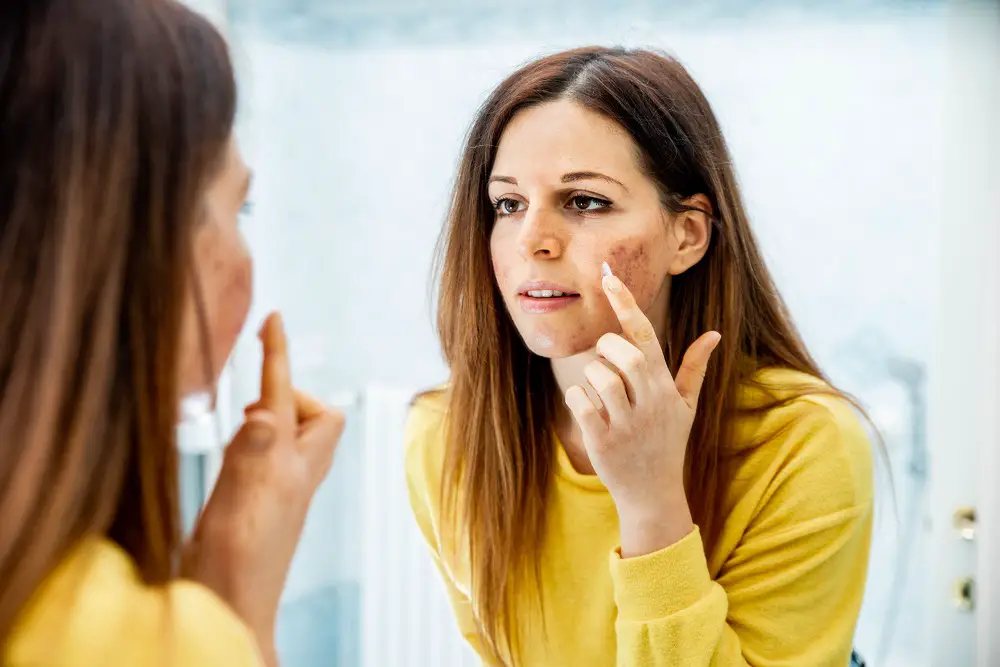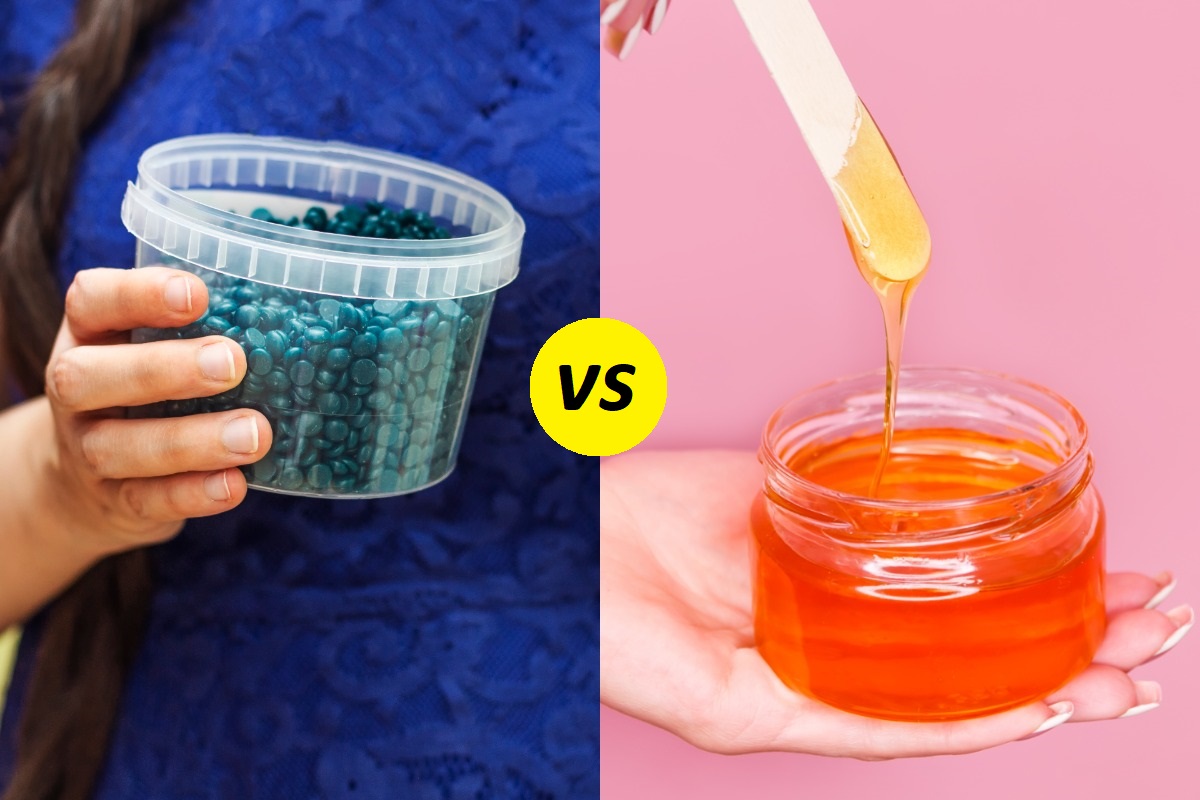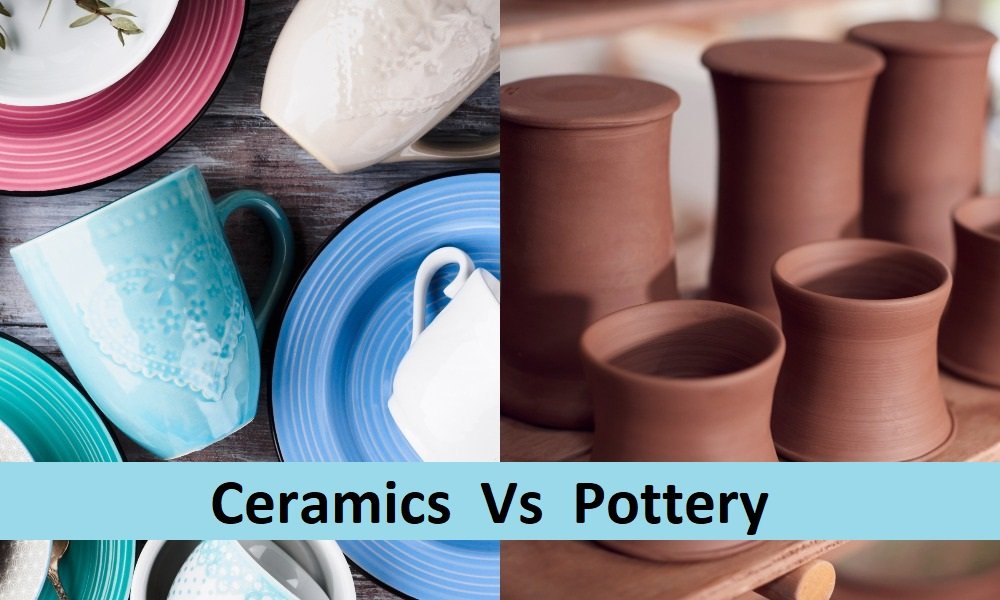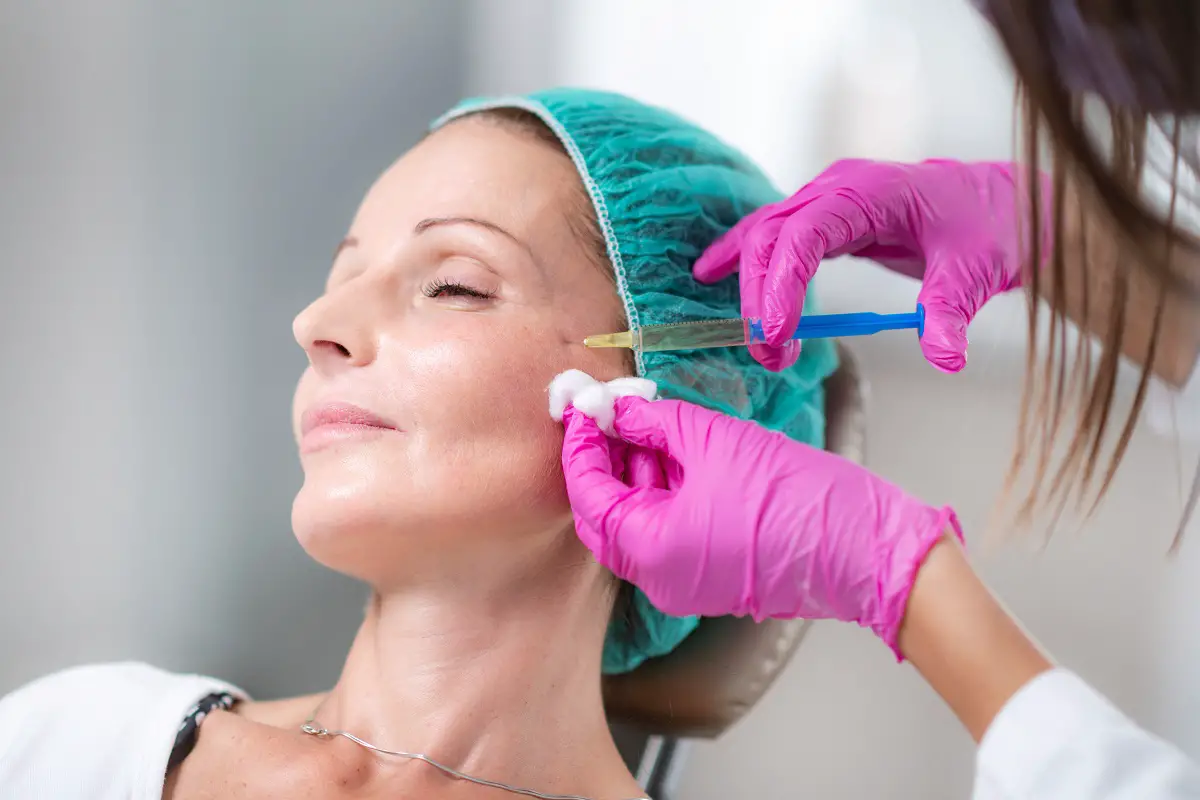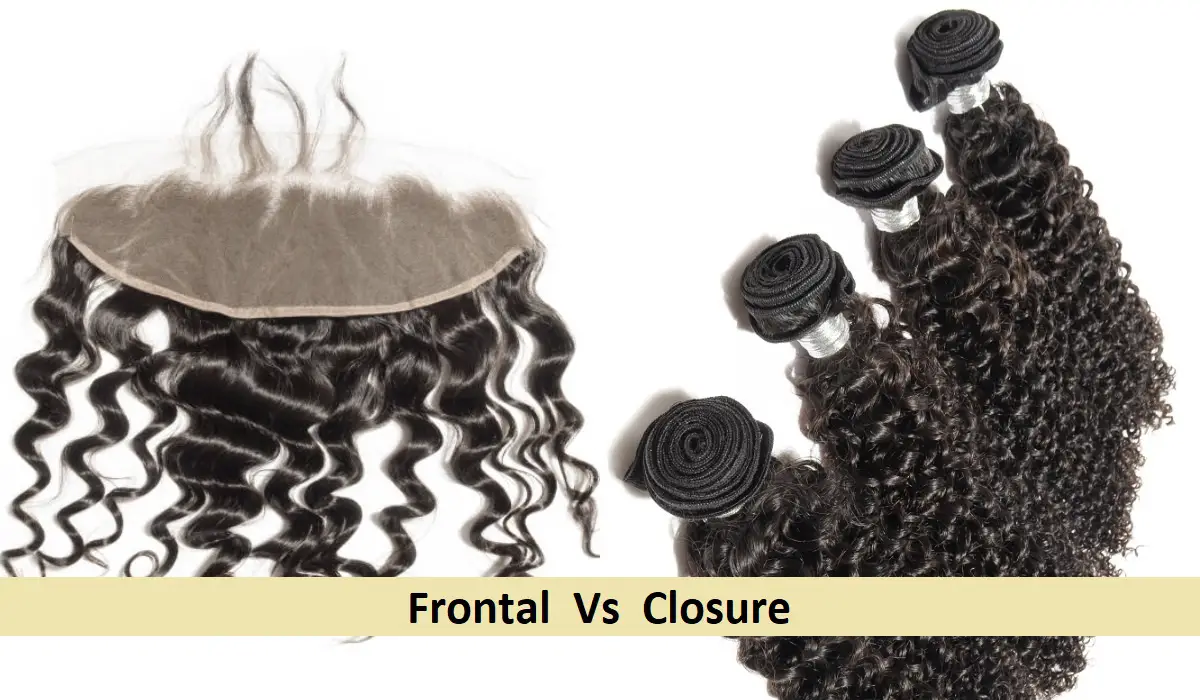Difference Between Tretinoin Gel and Cream
The issue of retin a gel vs cream has been around for quite some time. Although they sound similar, they have plenty of differences between them.
When you’re suffering from long-standing acne, sunburn, and pronounced fine lines on your face, you can’t help but depend on tretinoin for positive results. Now that tretinoin has become widely popular for its excellent benefits in fighting against different skin issues, you can get it in both gel and cream forms.
And here, we’ll discuss the differences between them.
Tretinoin Gel vs Cream: An Overview
The main difference between tretinoin gel and tretinoin cream is the consistency. Since they are both skincare products containing vitamin A, it’s natural to believe that they both work similarly.
However, the difference lies in their formulation, which may have a slight influence on the properties of tretinoin. The gel formulation contains more alcohol content, which is why it has a more drying effect on the skin than the cream formulation.
So, it is preferable to use the gel version for oily and combination skin, while the cream version is a good choice for the dry and aged skin type.
What Is Tretinoin Gel?
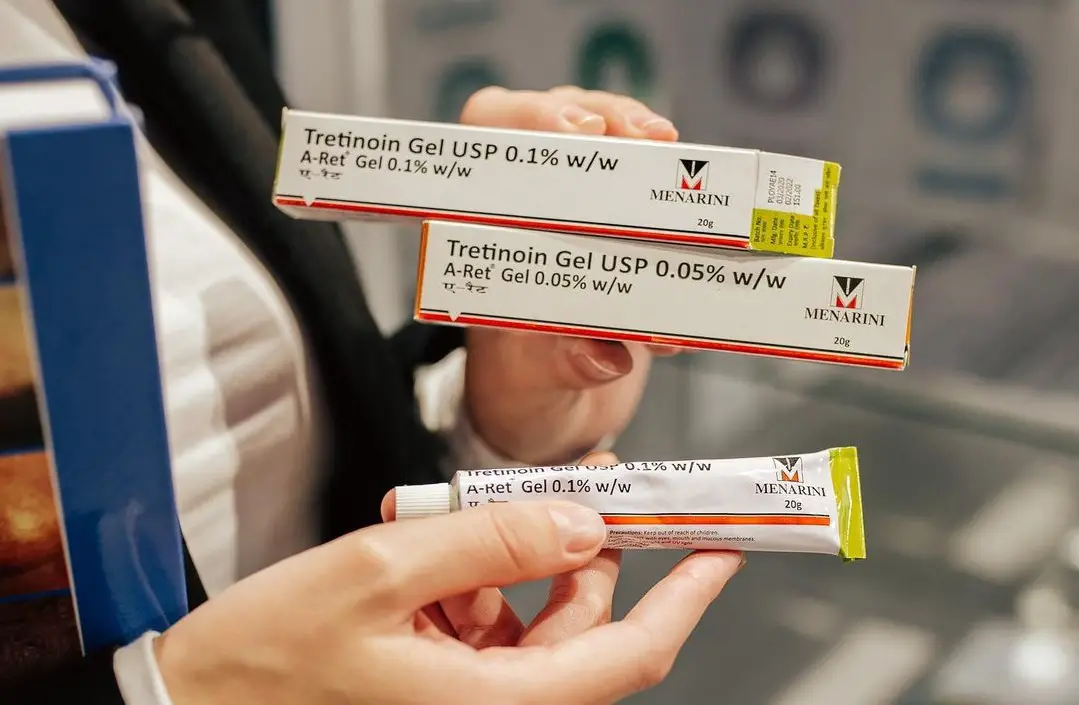
The tretinoin gel formulation is quite commonly used among young individuals and those with severe acne and sun damage. Tretinoin is one of the best medications for damaged skin, as it is a stronger version of retinol. It exfoliates the skin along with decreasing the inflammation that comes along with acne.
Moreover, the gel formulation works quite faster, so you can see results pretty soon. As tretinoin shows its action by causing irritation, the gel formulation has the tendency to show more side effects due to its rapid action.
Besides, tretinoin gel has higher alcohol, which is responsible for the lightweight gel-like consistency. This is why the skin-irritating side effects like persistent inflammation, flaky skin, redness, swelling, and even blistering are commonly observed more with tretinoin gel.
With mature skin, the side effects can tend to be more apparent.
This is why tretinoin gel is not an ideal option for mature skin, dry skin, and sensitive skin.
What Is Tretinoin Cream?
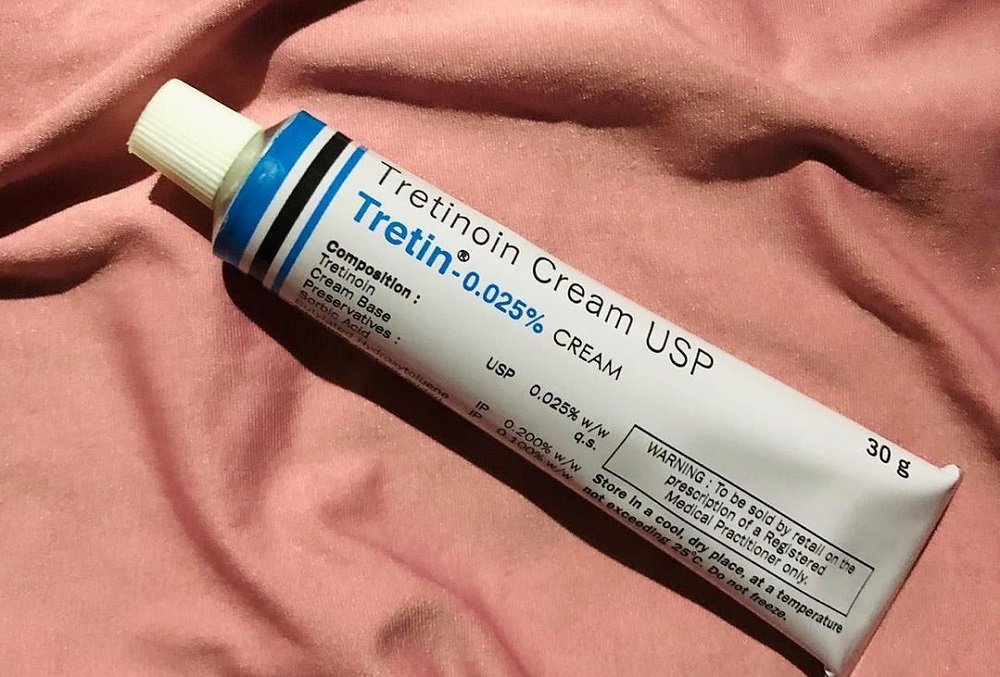
The tretinoin cream is more suitable for mature and sensitive skin. It works quite slowly compared to the gel formulation, so it takes time to deliver the results. Although the cream works at a slow pace, it still does a great job at treating sun damage, fine lines, and severe forms of acne.
Unlike tretinoin gel, the tretinoin cream has a relatively lower percentage of alcohol, so you don’t experience the harsh drying effects with this one. Although the tretinoin cream causes less dryness and less flaky skin, it still comes with a few skin-irritating side effects.
However, the side effects are tolerable and not very much noticeable like tretinoin gel.
Main Differences Between Tretinoin Gel and Cream
- Tretinoin gel is of a sheer consistency that works at a rapid action and absorbs fast.
- Tretinoin cream has a thicker consistency and takes time to absorb and deliver the best results.
- Tretinoin gel causes higher skin irritation and causes more dryness of the skin.
- Tretinoin cream does not cause any additional skin dryness and is ideal for almost all skin types.
Recommended for You:
Retin A Gel vs Cream: A Comparison Table
| Parameters of Comparison | Tretinoin Gel | Tretinoin Cream |
| 1. Alcohol Content | Tretinoin gel has higher alcohol content, which is responsible for a higher degree of side effects | Tretinoin cream has a relatively lower alcohol content, which results in fewer side effects |
| 2. Dryness | Tretinoin gel causes more dryness and flakiness of skin | Tretinoin cream has a lower drying effect |
| 3. Skin Suitability | Tretinoin gel is suitable for very oily and acne-prone skin | Tretinoin cream is suitable for all skin types, especially dry, mature, and sensitive skin |
| 4. Mode of Action | Tretinoin gel works quickly | Tretinoin creams work at a slower pace |
| 5. Side Effects | Tretinoin gel has more skin-irritating effects | Tretinoin cream has relatively fewer skin irritation effects |
| 6. Absorption | Tretinoin gel absorbs quickly | Tretinoin cream takes some time to absorb |
Key Takeaways
- Tretinoin gel and tretinoin cream are both enriched with vitamin A to treat a wide range of skin conditions like acne, fine lines, and sun damage.
- Both the tretinoin gel and the cream cause drying of the skin; however, the dryness is more pronounced with the gel formulation.
- Tretinoin gel works quicker, has more chances of irritating the skin, and causes more flaky skin.
- Tretinoin cream has a slower working ability, is relatively gentle on the skin, and causes less dryness and flakiness.
Conclusion
Wrapping the retin a gel vs cream debate up, it can be said that tretinoin gel and tretinoin cream are both essential skincare medications when it comes to combating skin conditions.
Both have good treating properties in case of acne, sun damage, and fine lines, but tretinoin cream is/has a more appropriate formulation compared to tretinoin gel. We recommend going for tretinoin cream to be safe from higher degrees of skin irritation and dryness.
